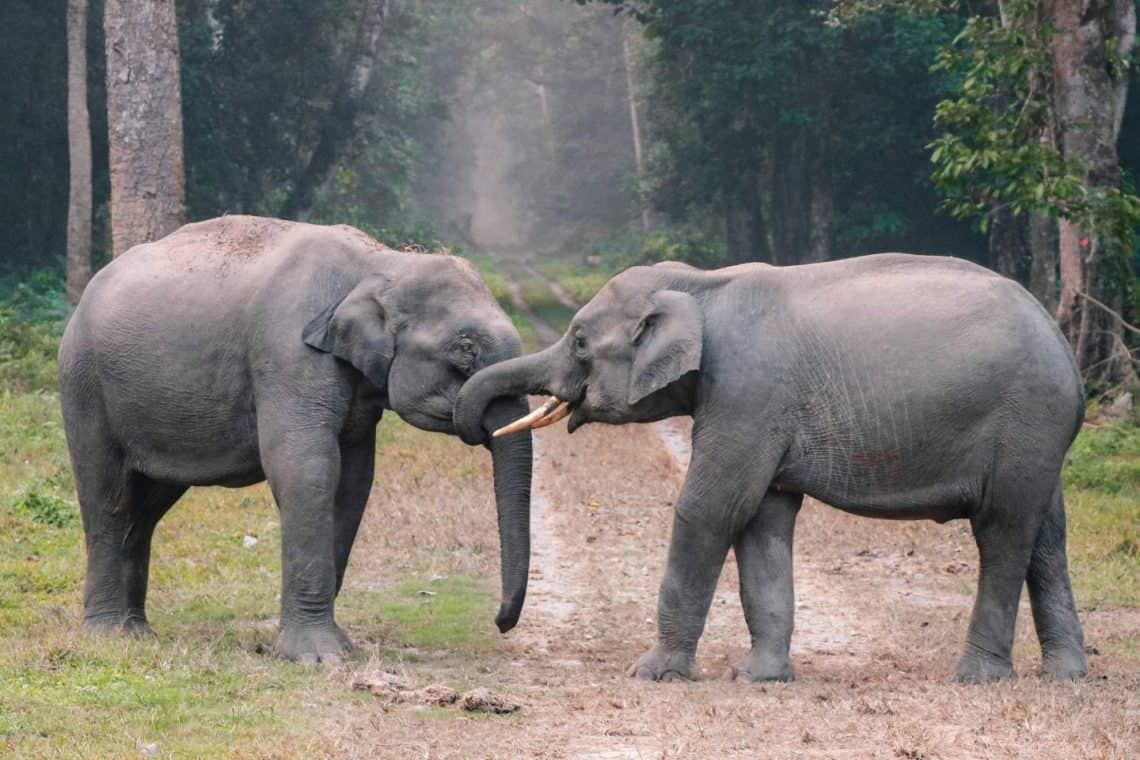In a resounding win for conservation and sustainable travel, South Africa’s National Parks Week 2025 drew over 105,000 day visitors across its reserves between 22 and 28 September. SANParks organized the free-access event to celebrate the country’s biodiversity and stimulate public engagement with protected areas. SANParks
A 50%+ Surge: Crowds Return to South Africa’s Wild Heart
SANParks reported 105,051 day visitors nationwide, topping recent years’ figures and underscoring the growing demand for nature-based experiences. While SANParks has not publicly confirmed the exact percentage increase per park, strong gains were reported across several reserves including Mapungubwe, Mountain Zebra, Addo Elephant, and Kruger.
The timing is telling. With climate anxieties on the rise and urban life placing new strains on mental health, many South Africans are rediscovering wild spaces as sanctuaries. National Parks Week — offering free daytime access — proved a powerful invitation to engage.
Kruger’s Conservation Tales: From Vulture Rescues to Enduring Legacies
Kruger National Park, covering nearly 19,500 km², was a focal point of the week’s narrative. In mid-2025 a major poisoning event prompted a large-scale rescue and rehabilitation effort for vultures and other affected wildlife. Coordinated work by park rangers, veterinary teams, and conservation NGOs helped save dozens of birds and highlighted the need for continued anti-poisoning vigilance. See reporting on rescue efforts and responses from conservation groups: Mongabay · Endangered Wildlife Trust.
These incidents underscore the fragile balance between conservation, wildlife crime, and human pressures. Beyond crisis response, Kruger marked long-term milestones in 2025, celebrating more than a century of protected-area management and contributing significantly to local economies and employment.
Global Echoes: From Yellowstone’s Throngs to China’s Safari Craze
The enthusiasm in South Africa mirrors global trends. Yellowstone National Park in the United States has also seen exceptionally high visitor numbers in 2025, highlighting shared tensions between access and ecological protection. At the same time, international demand for African safaris — including interest from Chinese travellers — has been rising in 2025, with travel operators reporting increased bookings for Kruger and other destinations.
Budget Getaway Tips: Unlock SA’s Parks Without Breaking the Bank
- Opt for self-drive safaris: Rent an economy car and explore at your own pace.
- Camp under the stars: SANParks campsites from around R450/night can offer immersive, low-cost stays.
- Travel off-peak: Shoulder seasons often reduce accommodation costs by 20–30%.
- Pack smart: Bringing your own picnic avoids higher on-site food prices.
- Use public transport and shuttles: Some routes connect major hubs to park gates and reduce rental needs.
- Consider community stays: Homestays near parks can offer authentic experiences for modest prices.
Sample 3-Day Kruger Itinerary: Eco-Adventure on a Shoestring
Approximate cost: R5,000 / USD 275 for 2–4 people (excl. long-distance transport).
- Day 1 — Arrival & Sunset Drive: Enter via Malelane Gate (entry fee varies). Camp at Skukuza Rest Camp. Evening game drive to spot rhinos at dusk.
- Day 2 — Full-Day Exploration: Self-drive popular loops, picnic lunch, and afternoon birdwatching — Kruger hosts hundreds of bird species.
- Day 3 — Bush Walk & Departure: Join a ranger-led walk and exit via Paul Kruger Gate, stopping at nearby cultural sites.
Why This Moment Matters
South Africa’s National Parks Week 2025 is more than a public access campaign — it’s a barometer of reconnection. With 105,000+ visitors re-engaging with the wild, the event signals that nature-based tourism can rebound responsibly. Yet incidents like mass poisoning of scavenging birds demonstrate that threats remain urgent. Conservation success will depend on ongoing management, scientific collaboration, and public awareness.
Nature’s revival requires vigilance and investment; moments like this offer an opening to deepen commitment to ecological resilience.
